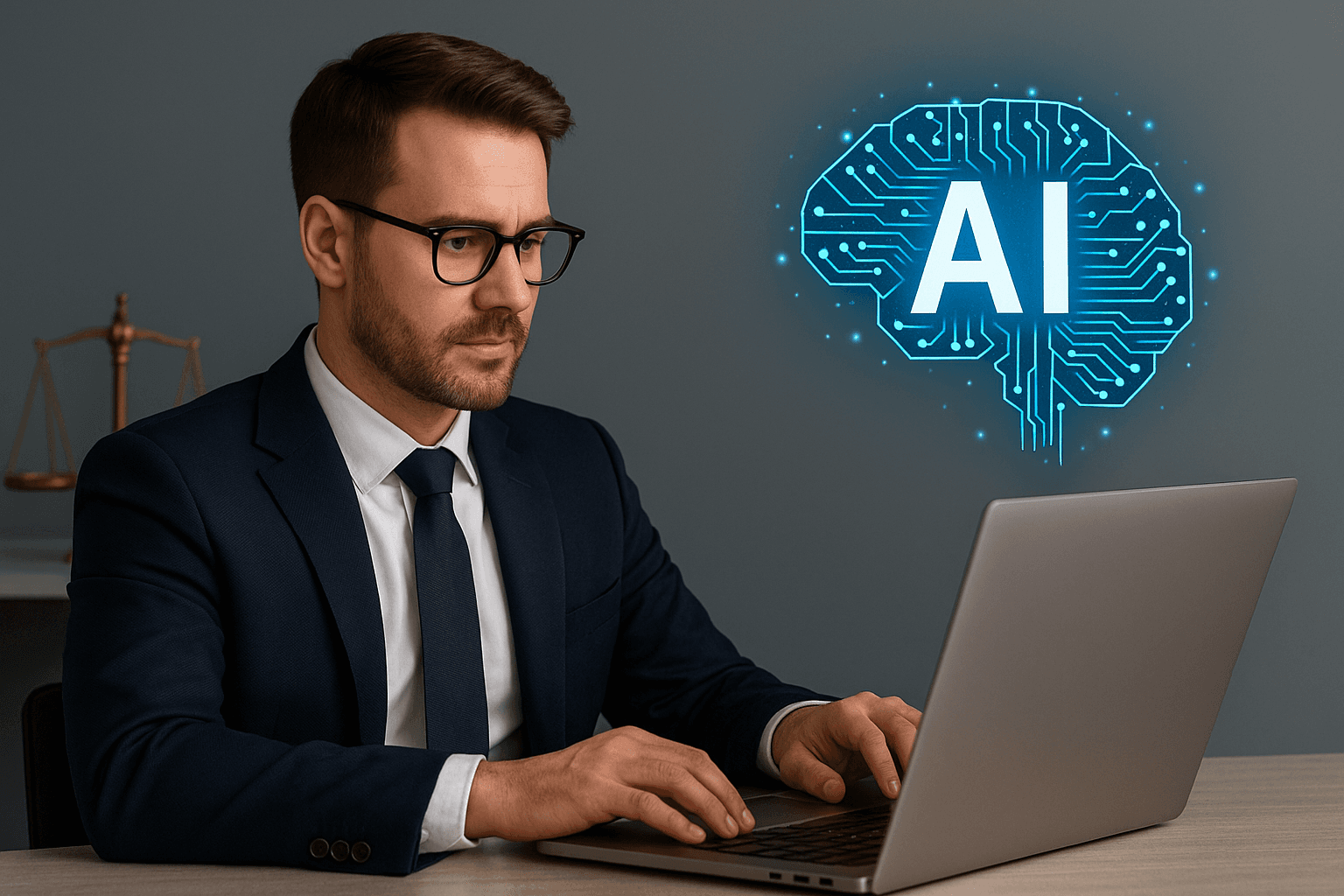
AI Emerges as Transformative Force in Big Law, Not a Threat
AI is transforming Big Law from automating work to reshaping legal strategy leaving firms with a choice: adapt or fall behind.
Artificial intelligence is reshaping the operations of the world’s largest law firms, offering both disruption and opportunity as the industry adapts to a new era of automation, data-driven decision-making and evolving client expectations.
Rather than replacing lawyers, AI is being deployed to enhance legal services -- automating routine tasks, improving research accuracy, and supporting strategic decisions. But experts warn that firms failing to embrace the technology risk falling behind.
Efficiency Overhauls and Shifting Models
Major law firms -- commonly referred to as "Big Law” -- are increasingly using AI tools to handle repetitive work traditionally performed by junior associates and paralegals. Tasks such as document review, due diligence, and contract analysis are now being automated, significantly cutting costs and turnaround times.
This shift challenges the traditional billable hour model and raises concerns about how firms will train junior lawyers as entry-level work disappears.
From Prediction to Insight
AI-powered systems are also transforming high-value legal work. Predictive analytics tools can forecast litigation outcomes using historical case data, aiding lawyers and clients in deciding whether to settle or proceed to trial. Legal research platforms, meanwhile, can comb through millions of documents in seconds, surfacing relevant precedents far faster than human researchers.
“AI is freeing lawyers to focus on the strategic aspects of law -- client counselling, negotiations, and courtroom work -- that require human judgment and empathy,” said a legal technology consultant.
Rising Demand for AI Literacy
In response, some firms are forming AI-focused practice groups to address emerging legal issues in areas such as intellectual property, data privacy, and algorithmic accountability. Lawyers with a strong understanding of AI are increasingly in demand, particularly those who can advise clients on its use and navigate regulatory uncertainties.
Being “AI-literate” is becoming a competitive advantage, especially for younger lawyers seeking to distinguish themselves in a high-pressure environment.
Risks and Ethical Uncertainties
Despite its promise, AI brings new risks. Legal professionals caution that generative tools can sometimes produce inaccurate or biased outputs. Concerns over data confidentiality, client privacy and accountability remain unresolved.
“The legal sector is still grappling with who bears responsibility when AI makes a mistake -- the lawyer, the firm, or the tech provider,” said an ethics advisor.
What Defines Big Law?
Big Law refers to large, full-service law firms -- primarily based in the United States and global financial centres -- that employ hundreds or thousands of lawyers, often across multiple countries. These firms serve major corporate clients, manage complex transactions and litigation, and generate billions in annual revenue.
Recruiting top talent from elite law schools, Big Law firms offer industry-leading salaries. However, the high pay comes with intense workloads, steep billable hour targets, and limited work-life balance.
Adapting or Falling Behind
While AI is not an existential threat to Big Law, firms that fail to adapt could face long-term decline. Those embracing AI strategically stand to offer more efficient, high-quality services.
“The greatest threat isn’t AI -- it’s ignoring its potential,” said an expert at a leading global law firm. “We’re not replacing lawyers. We’re equipping them to do better work, faster.”
For any enquiries or information, contact info@thelawreporters.com or call us on +971 52 644 3004. Follow The Law Reporters on WhatsApp Channels